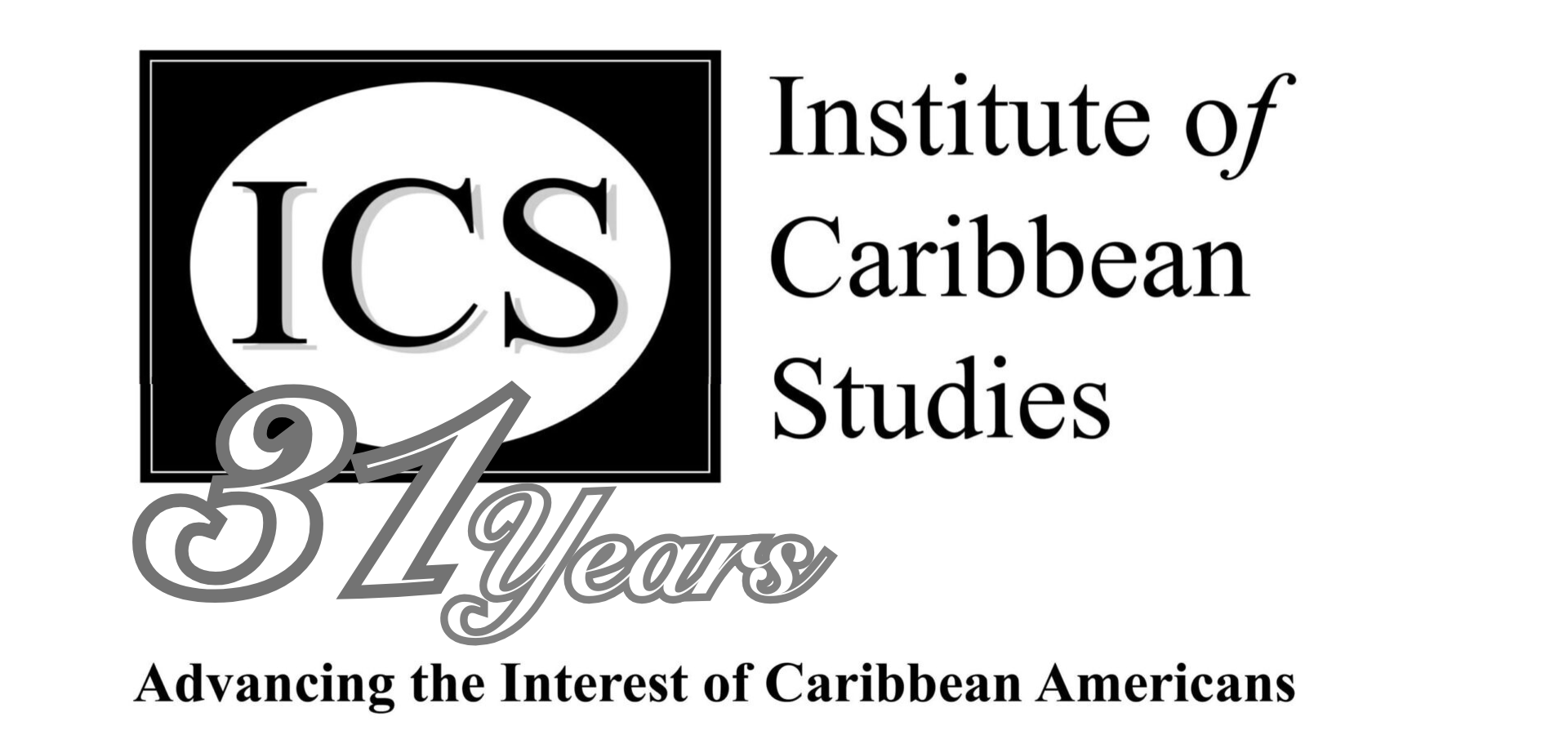
- Dr. the Honourable Keith Rowley, Prime Minister of the Republic of Trinidad and Tobago;
- Your Excellency Chandrikapersad Santokhi, President of the Republic of Suriname and Chairman of the Conference of Heads of Government of the Caribbean Community;
- Other Heads of Government;
- Honourable Ministers;
- Head of Regional Institutions;
- International Development Partners;
- Members of the Diplomatic Corps;
- Young People of the Region;
- Ladies and Gentlemen.
It is indeed my pleasure to join you today at this regional Agri-Investment Forum and Expo, being hosted, in its second instalment, by the Government of Trinidad and Tobago. This Forum and Expo is an opportunity for further practical engagement on the agri-food systems agenda, building on the recent Forum in May, and to facilitate targeted discussions on the strategic direction that the Region is taking towards safeguarding the food and nutrition security of its people. This is even more critical as we in CARICOM are faced with the increasing risk of food insecurity.
This Forum is one of the several regional responses to this grim reality. It follows the successful first edition held in Guyana and organised by the Lead Head of Government with responsibility for Agriculture, Agricultural Diversification and Food Security in the CARICOM Quasi-Cabinet, His Excellency Mohamed Irfaan Ali, President of Guyana.
Food and nutrition security, as a multi-dimensional issue has implications for a number of economic and social areas, including tourism, manufacturing, healthcare costs, education, culture and security.
As part of a high-level response, CARICOM through President Ali and the Special Ministerial Taskforce on Food Production and Food Security (MTF), has placed agriculture at the forefront of production-related policies, programmes and projects for the Region. The MTF is seeking to actively ensure a strong focus on innovation and technology transfer as we seek to increase production of the specially targeted commodities so at to achieve the target of 25% reduction in our food import bill by 2025.
This encompasses water management, market information, application of technological solutions, climate resilient planting materials, sustainable land and soil management, as well as the preservation of the Region’s bio-diversity. The aim is to increase agri-food production in ways that will also ensure the sustainable development of the Region’s agri-food system.
